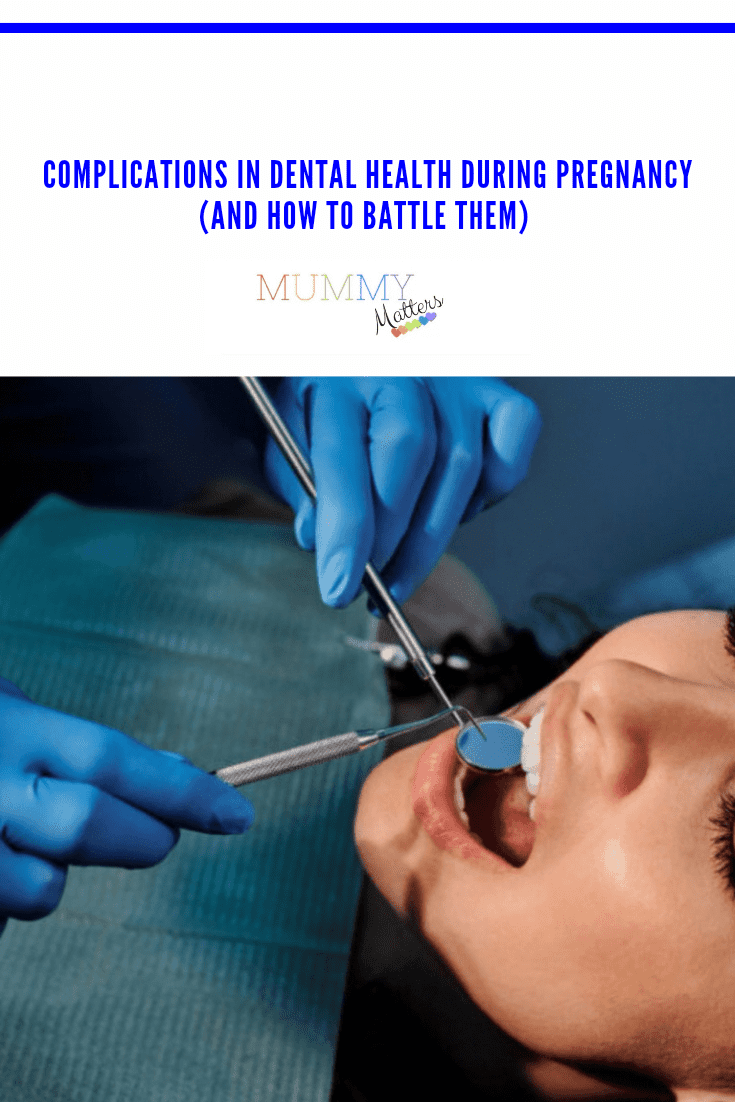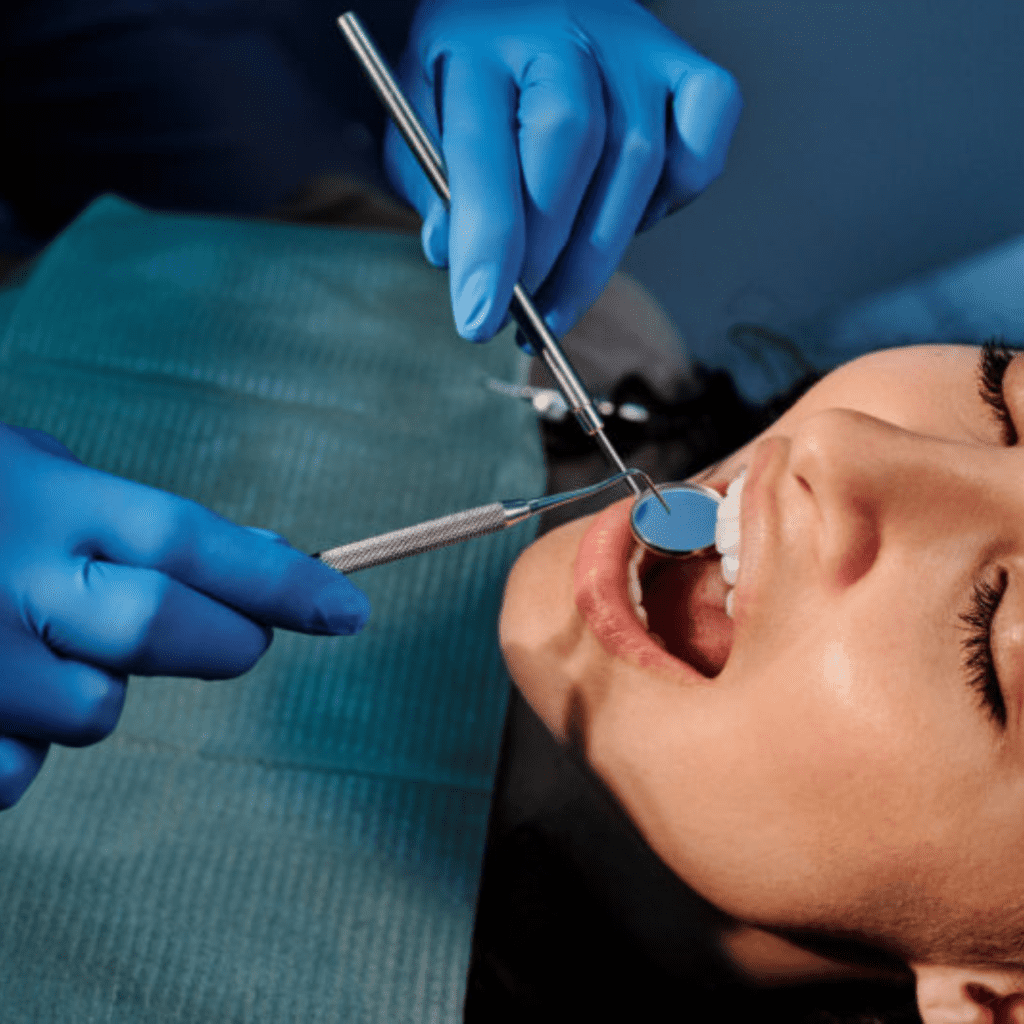Pregnancy is a great time of change in your body, and that change happens everywhere, your mouth included. Naturally, you will see your obstetrician throughout the pregnancy, but it’s also necessary to take care of other body parts and keep them healthy. You might neglect your teeth during your pregnancy. Still, when you consider that dental disease can cause premature delivery and various complications with the baby, you’ll see the importance of a regular dental exam. Here are a few things about dental health and pregnancy and how to stay on top of your teeth’ health while expecting:
Dental issues common during pregnancy
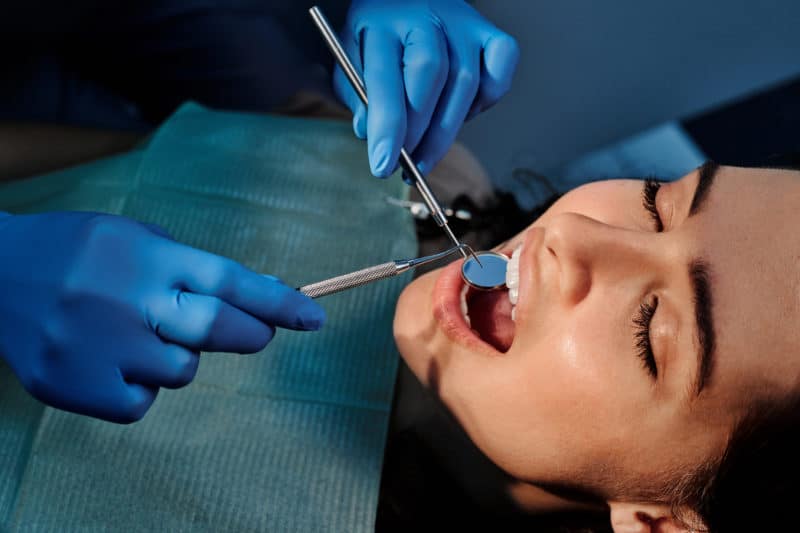
With any signs of dental issues, it’s best to consult with your dental health professional. In most cases, signs to keep an eye on are bad breath, teeth that feel loose, lumps on gums, mouth sores, gums pulling away, pus on your gums, redness and swelling of gums, as well as toothache. If you notice any swelling in your mouth or feel pain in your teeth, contact your dentist and book an appointment. If you have an infection, it’s best to act quickly before bacteria from the infection start affecting your baby or you lose teeth.
Prevention of dental diseases
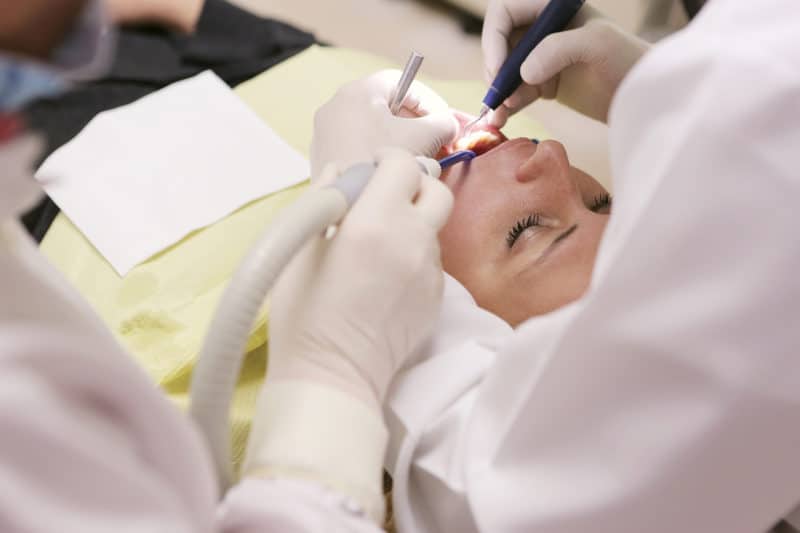
The best prevention of dental diseases during pregnancy is regular dental hygiene and consultations with your doctor. Dentists in countries like Australia are trained to work with future mothers, so look for a professional to handle your dental issues during pregnancy. Offices working with an expert dental lab in Australia will offer the best care, tools and equipment. Equipped with high-tech tools and materials, trained experts can discuss your pregnancy and consult with any medication you take. You might be prescribed certain supplements for teeth if you don’t have any bigger issues or receive proper treatment in case possible complications are on the horizon.
Your doctor will also discuss with you your daily dental hygiene. It’s important to brush your teeth at least twice every day, with regular flossing. If you’re experiencing morning sickness and vomiting, boost your brushing because acids from the stomach can cause serious damage to the teeth and mouth. Brushing and flossing will also minimize bacteria in the mouth and prevent future infections that can harm you or the baby.
Treatment during pregnancy
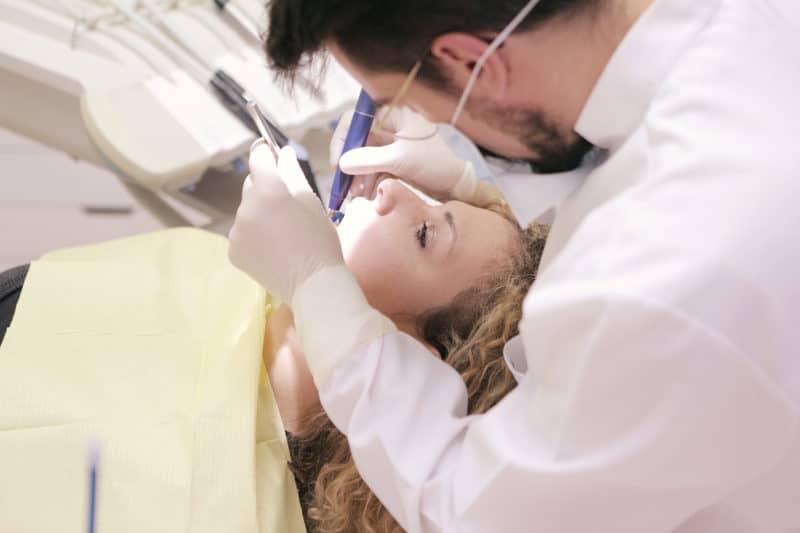
Some conditions like toothache, infections and tooth breakage might need immediate attention, but inform your dentist of your pregnancy. Depending on the severity of the condition, your health provider might recommend waiting after the baby is born. However, some treatments are safe even during pregnancy. For instance, you can safely take pain medication and antibiotics for infections. Your dentist knows which medication is safe for future mothers, but consult your prenatal health provider.
It’s also safe to receive local anaesthesia to prevent or lessen the pain during dental procedures. This medication simply numbs your mouth, preparing it for fillings or extractions, and it can’t harm the fetus.
In theory, it’s possible to have dental work done any time during your term. However, most dentists will recommend that you wait with any elective treatment until your baby is born (treatment that is not required to protect your or your baby’s health). The second trimester is also a good time for these treatments.
What about x-rays?
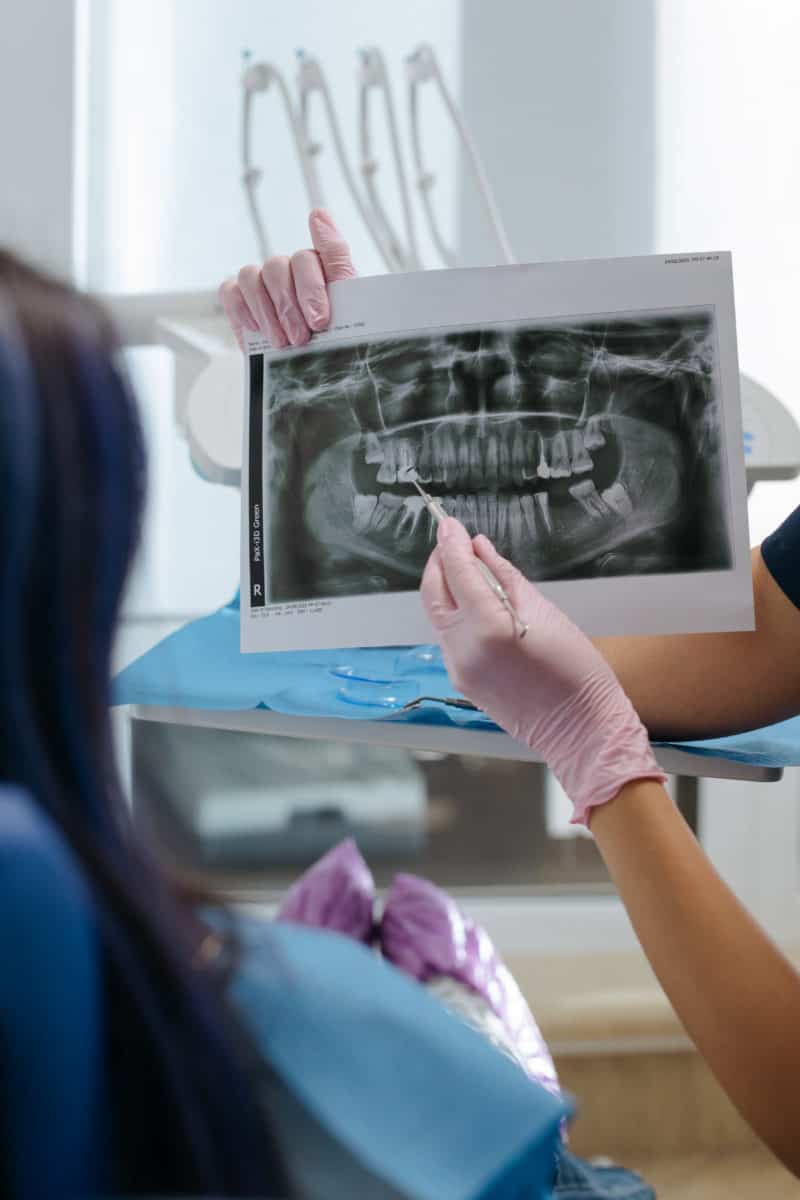
Most dentists today use x-rays during their regular dental care. These x-rays are necessary for identifying issues in your teeth, gums and jaw bones. But since they use radiation, many patients are hesitant to use them during pregnancy. However, a dental x-ray doesn’t harm the baby. Radiation of this kind is dangerous only in larger quantities, and since dental scans use very small amounts, you have nothing to worry about. Plus, you will be protected with special collars and aprons for extra protection. Still, inform your dentist of your pregnancy when getting an x-ray of the mouth.
It’s crucial to keep your teeth healthy during your pregnancy. There are horror stories you can hear from other moms about tooth pain, decay and loss, but with regular exams, proper hygiene and quick reaction times, you can welcome your baby with a healthy smile on your face.
